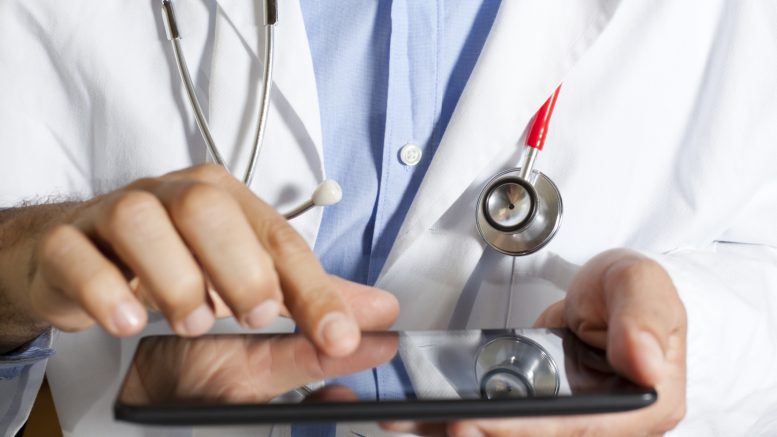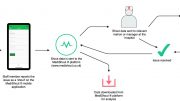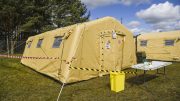Federal officials in the US are now sounding the alarm that the worst of the COVID-19 pandemic could be yet to come, but there are ways that medical facilities can be prepared.
At the end of April, the director of the CDC, Robert Redfield, warned that when COVID-19 cases spike in the fall, it is going to be more difficult and potentially more complicated because it is likely to coincide with the start of flu season.
In an interview with The Washington Post, Redfield said the CDC is speaking with state officials about the possibility of using Census Bureau workers, Peace Corps, and AmeriCorps volunteers to build “an alternative workforce” to help with the overload of patients that is bound to happen across the country. Anyone that became a part of that workforce would have to have all of their medical licenses, education, malpractice history, and other documents verified for every and any facility they would work at.
This is the case for all health care providers that will inevitably be called upon, such as travel nurses and primary care providers, that may have to work at rural facilities to alleviate staffing shortages.
In the first week of May, The New York Times published an article citing a report that displays how dire the consequences may be if hospitals don’t prepare now. The article stated in part: ”The daily death toll will reach about 3,000 on June 1, according to an internal document obtained by The New York Times, nearly double the current number of about 1,750. The projections, based on government modelling pulled together in chart form by the Federal Emergency Management Agency, forecast about 200,000 new cases each day by the end of the month, up from about 25,000 cases a day currently.”
“Health care, which was possibly considered ‘untouchable’ by some, pre-COVID-19, is actually just as vulnerable as other parts of our nation’s economy. Hospitals face the stark reality of losing income and cutting costs across the board. We at Intiva are providing more than one solution to this problem. In addition to significantly reducing resource usage, our Ready Doc credentialing software handles urgent staffing situations with emergency privileging capability. And the built-in secure messaging is HIPAA compliant and easy to use on mobile devices. Healthcare facilities that use tools like ours can be ready for a return of COVID-19 now, in the fall, or future emergencies,” said Dr. Ayan Monpara, medical director at Intiva Health.
As awareness about the need for preparations increases, hospital administrators and health care workers know that credentialing is a crucial part of that process. In addition to expediting credentialing and allowing health care providers to have all of their medical documents readily accessible on any mobile device, Ready Doc™ provides HIPAA-compliant messaging services which can also be used during emergency situations when a breach of compliance can easily happen.





